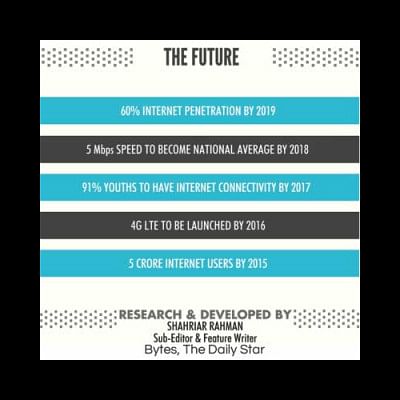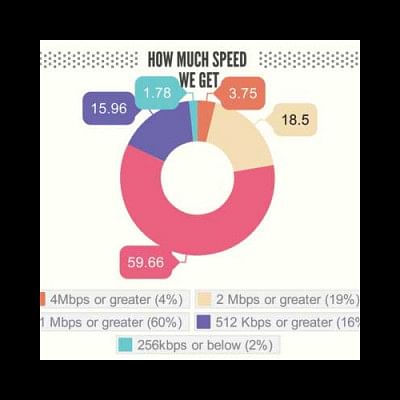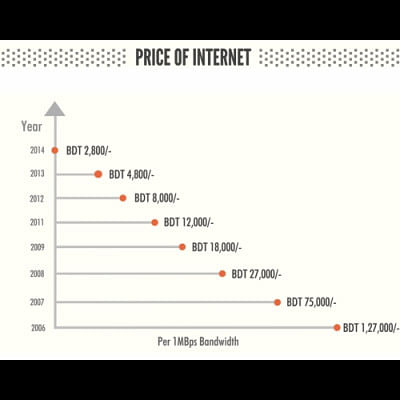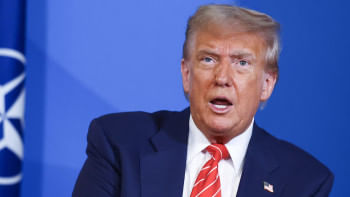How Much Speed We Get

Well, that's one way of defining it. The cool way to describe it would be: 'The Next Big Binary Bang'. No matter what we call it, it's happening all around us, and as a nation that just stepped into the big league of the digital arena we are yet to rip its fruit. The driver however for this upcoming tech mayhem is internet.
Back in the day, internet used to be a fancy décor of PCs in offices and businesses for contacting their foreign counterpart. Now the scene is different. A country that had only a handful of internet connections in 1999 now has more than one fourth of its population tangled in the world of webs. More significantly, the number of internet users has almost doubled in the last 2 years. No one in the world thought this rapid a shift would occur in just 15 years.
Interestingly, most of the internet users in Bangladesh are having their first internet experience through small screened devices i.e. phones and tablets. Gender-wise, the internet adoption rate is still an issue we need to address. Out of every 100 people who connect to the internet every day, only 18 of them are female. But the good news is 65 percent of the internet usage in the country is now from non-metropolitan areas. It must be noted that telecom operators played a crucial role in reducing this digital gap.

Now let's look into the quality of internet experience of Bangladeshis. The average internet speed which used to be 8-10 Kilo Bytes per second (KBps) in 2002 has now become 200-225 KBps (As of January 2015). This leap was possible because of government's policy to reduce the price and aggressively rollout fiber optic cable to the furthest corners of the country. Speaking about pricing, 1 MBps internet used to cost Tk. 1,27,000/- in 2006. The price took a nosedive in the last 5 years and now it's just a fraction of what it used to be. Kudos to the government for understanding the importance of affordable internet.
Now let's look at the bigger picture: where are we heading? With the current rate of internet penetration the number of users will exceed 5 crore by the end of the second quarter of 2015. ICT advisor to the Prime Minister Sajeeb Wazed Joy has announced the government's intention to launch 4G LTE services by 2016. Thanks to the bearish internet price trend, 91 percent of youths of the country are expected to go online by 2017. The revised definition of broadband will bring the national average internet speed to 5 Mbps per user. Internet penetration is expected to be 60 percent in 2019 meaning majority of the citizens of Bangladesh will be using at least the basic form of internet. Indeed a brave new world awaits Bangladesh.

Sources:
BTRC Reports December 2014
Akamai Internet Reports Q3 2014
GSMA Reports Q3 2014
...................................................
The writer is a sub-editor, Bytes,
The Daily Star

 For all latest news, follow The Daily Star's Google News channel.
For all latest news, follow The Daily Star's Google News channel. 



Comments